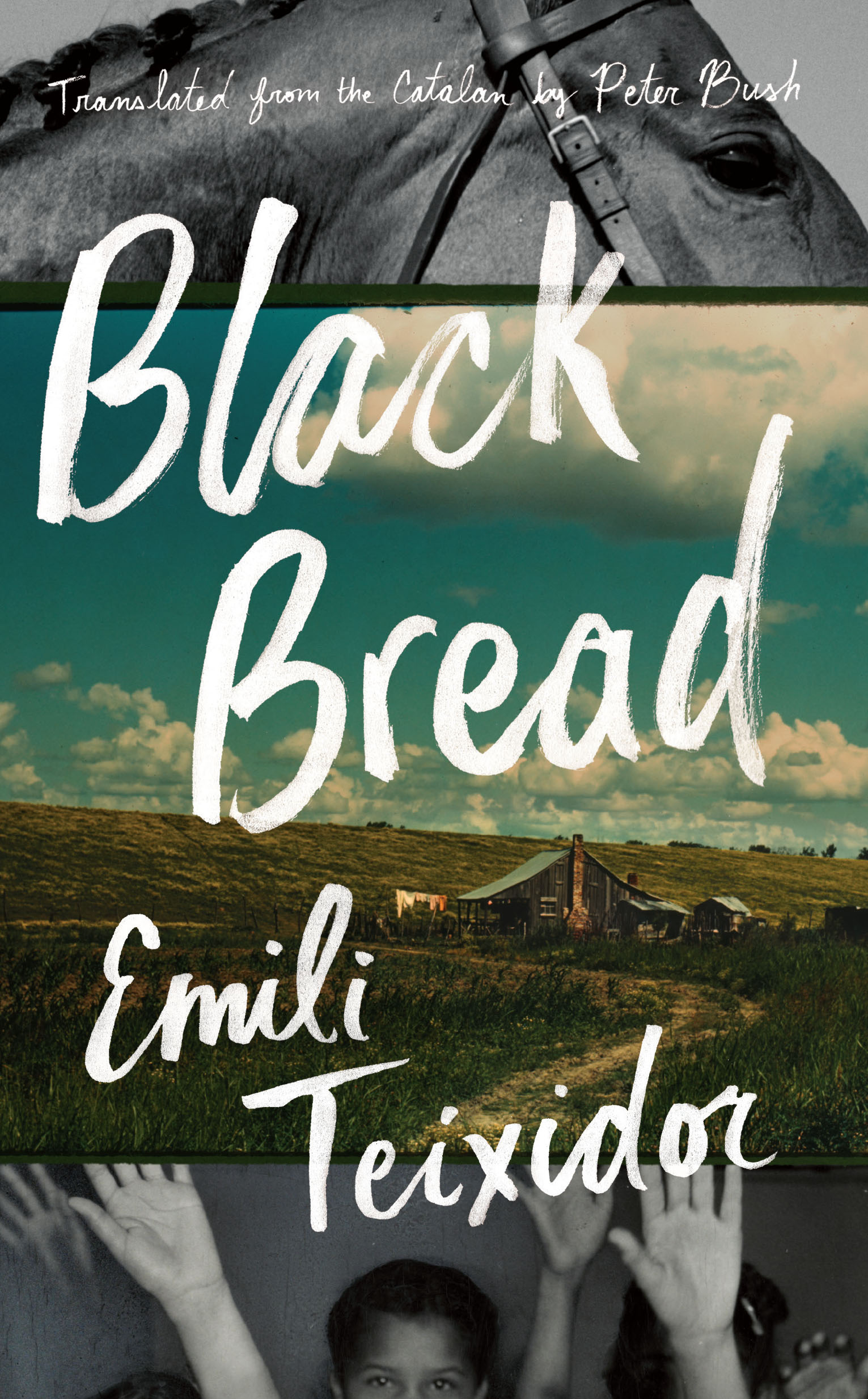
Black Bread
Biblioasis International Translation
کتاب های مرتبط
- اطلاعات
- نقد و بررسی
- دیدگاه کاربران
نقد و بررسی

July 11, 2016
Acclaimed in its home country of Spain when it was originally published in 2003, this poignant novel by the late Catalan writer Teixidor combines a rural coming-of-age story with the harsh politics of postâcivil war Spain. Eleven-year-old Andreu, whose father is a political prisoner and mother is a factory laborer, is sent to live with relatives in rural Catalonia after the war. He settles into a seemingly idyllic rural life with his cousins, initially unaware that the children are suspect because of their parents' socialism. But Andreu's cousins are becoming more interested in sex than in childish games, and his father's sudden death in prison contributes to his political awakening. He wants to avoid the fates of those around himâfarming or factory workâbut struggles to envision another future for himself. The structure of the novel is intriguing: early on, it could be a bucolic, meandering memoir, interspersing the rhythms of daily life with a few memorable incidents, but both pace and tension increase as Andreu grows up. Teixidor's rich writing style adds to the lush rural feel of the novel, evoking a setting like that of Marcel Pagnol's novels while incorporating a great deal of complex political nuance. Agent: Dan Lazar, Writers House.

June 15, 2016
In this richly written saga, set in the Catalan countryside in the aftermath of the Spanish Civil War, 11-year-old Andreu has gone to live with his grandparents while his father awaits execution for reputedly subversive activities. Initially, Andreu enjoys romping with cousins Quirze and Nuria--the old plumtree is their base of operations--and Teixidor's details of family, school, and country life are homey and surprisingly gratifying. The story gets darker and increasingly interesting as we learn more about Andreu's parents, with Andreu reflecting bitterly on his meek mother's single-minded obsession with saving his off-balance father and proclaiming, "Love burns. Love destroys. Love kills." His confusion is compounded when he's distracted from Nuria's teasing sex games by the sight of a young man stretched out naked in a monastery garden. Eventually, Andreu must leave his own garden for the wider world, convinced that he's a monster. VERDICT A taut and tender coming-of-age story that's both resonant and intriguingly different.
Copyright 2016 Library Journal, LLC Used with permission.

























دیدگاه کاربران